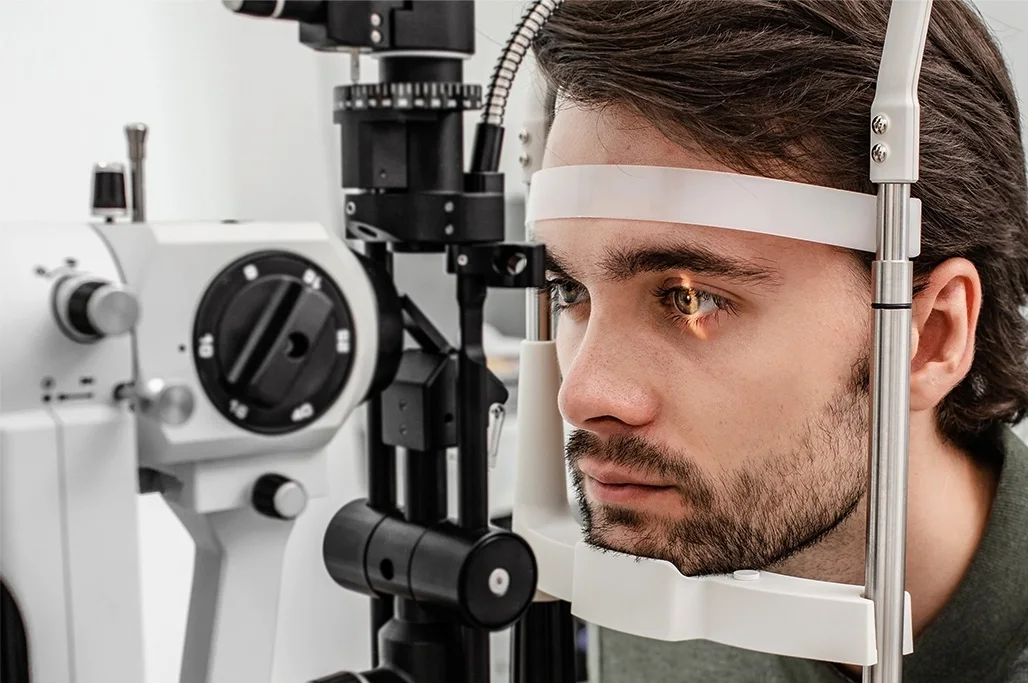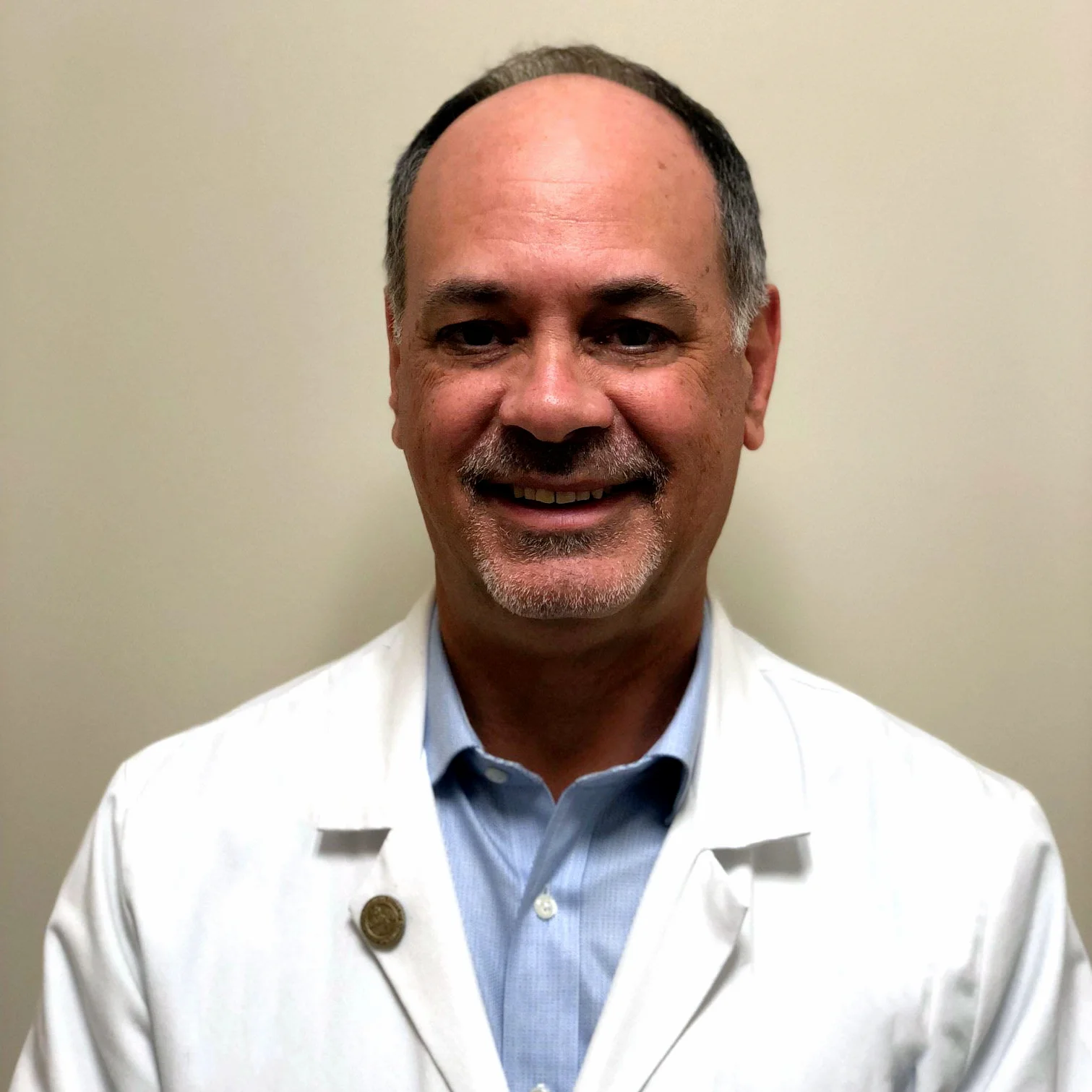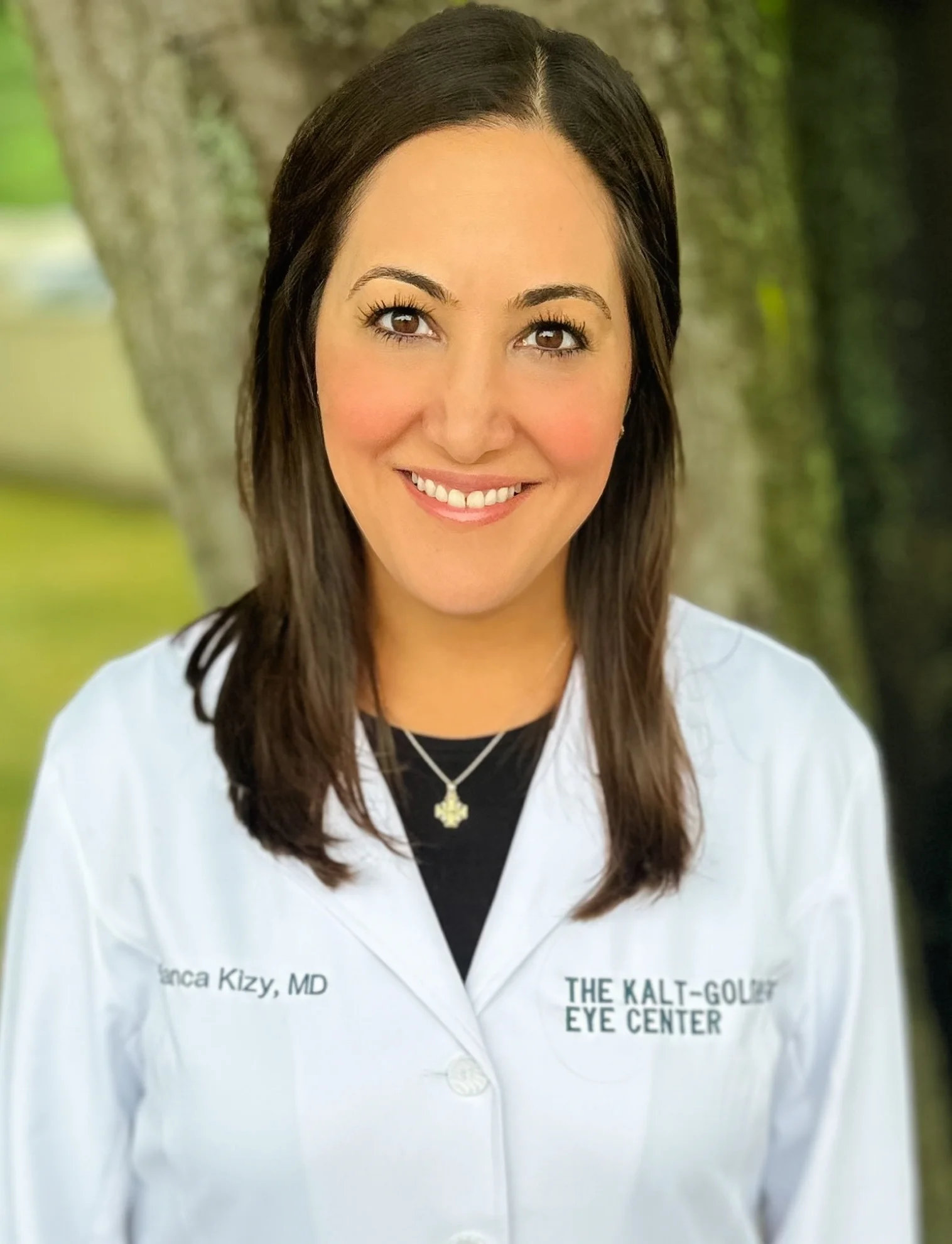Comprehensive Eye Exams
Routine eye examinations are essential for preserving your vision and supporting your overall health.

At The Kalt-Goldberg Eye Center, we provide personalized, comprehensive eye care using advanced diagnostic technology to identify and address potential concerns before they affect your vision.
During a complete eye examination, our skilled team checks for conditions such as glaucoma, cataracts, macular degeneration, and more. We also evaluate how well your eyes work together and screen for early signs of systemic health issues like diabetes and high blood pressure—many of which can be detected through a detailed eye exam.
What’s Included in a Comprehensive Eye Exam?
A comprehensive eye exam involves a series of tests that may include pupil dilation to give your eye doctor a full view of your eye health.
Your exam may include the following assessments:
- Visual Acuity – Measures how clearly you can see at various distances
- Glaucoma Screening – Uses a gentle puff of air to measure intraocular pressure
- Cover Test – Evaluates whether your eyes are properly aligned and working together
- Color Vision Test – Checks for color blindness and ability to perceive the full color spectrum
- Ophthalmoscopy – Examines the retina, optic nerve, and blood vessels inside the eye
- Slit Lamp Examination – Detects common eye diseases and conditions using a high-intensity light
- Visual Field Test – Identifies any blind spots in your peripheral vision
- Retinal Photo Screening – Detects early signs of diabetic retinopathy and other retinal conditions
- Retinoscopy – Estimates your prescription for glasses or contact lenses
- Eye Movement Test – Assesses how smoothly and accurately your eyes track moving objects
- Depth Perception Test – Measures your ability to perceive depth and judge distances
How Often Should You Get a Comprehensive Eye Exam?
In general, it’s recommended to have a comprehensive eye exam once a year. However, if you have certain health conditions or risk factors, your eye doctor may suggest more frequent visits.




